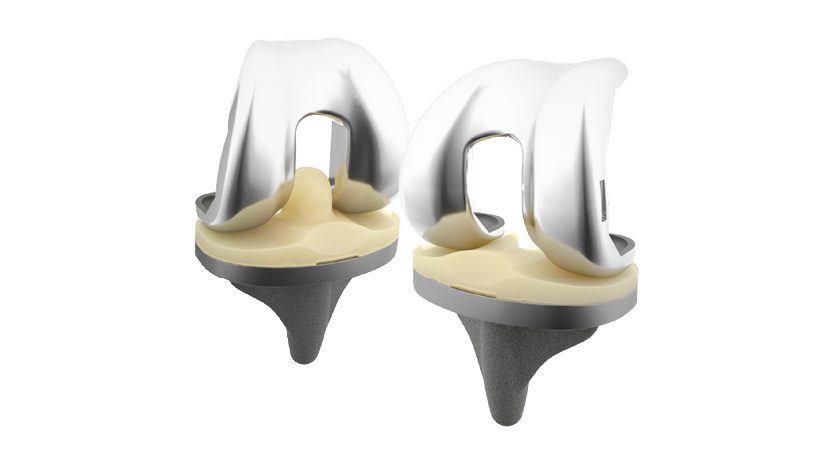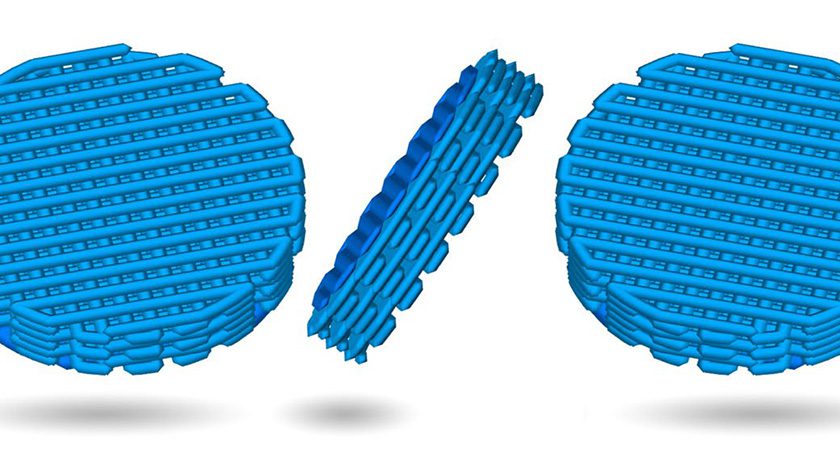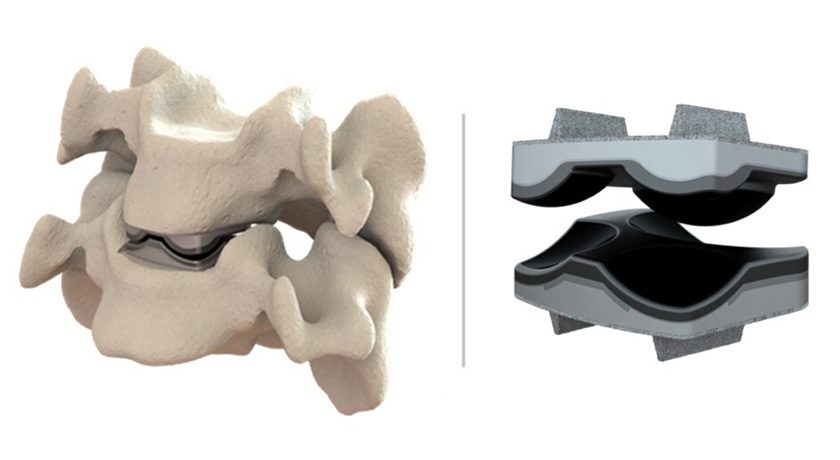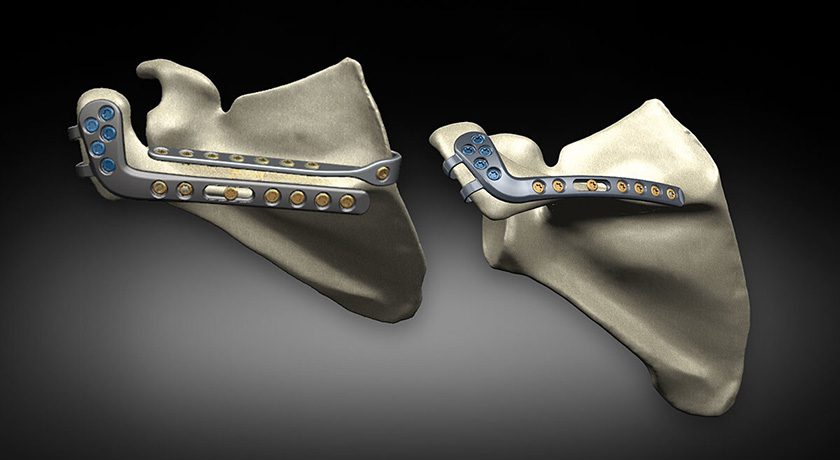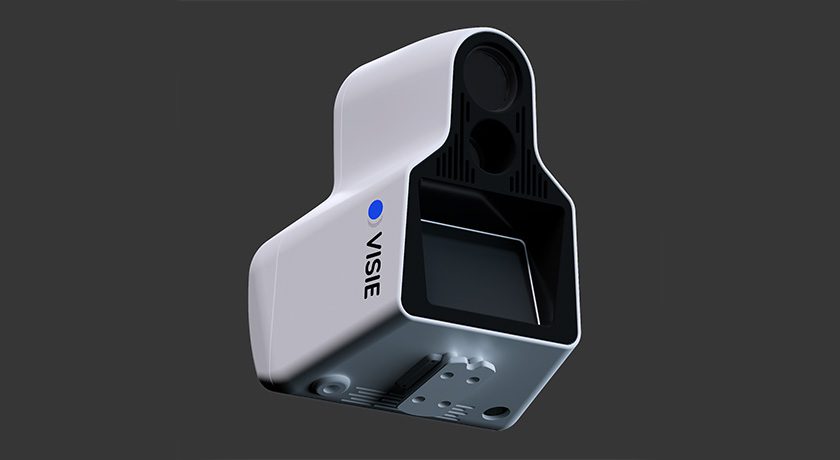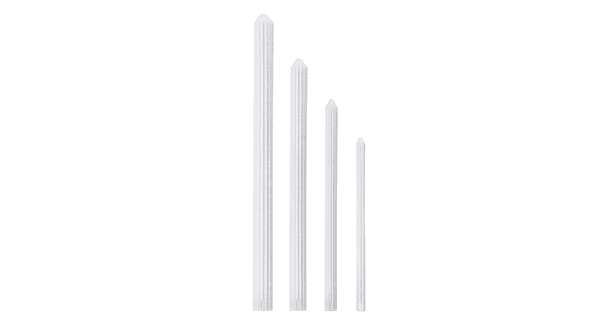

 Copy to clipboard
Copy to clipboard 
Clinical study results confirmed significant benefits of Bioretec’s bioresorbable ActivaPin™ implants for pediatric patients in the treatment of severely displaced distal radius and forearm fractures. The results of the retrospective multicenter study indicate that patients treated with bioresorbable ActivaPin™ had significantly lower levels of complications than those treated with traditional non-biodegradable metallic Kirschner-wires (K-wires), and no second surgical intervention was required.
Compared to non-biodegradable metal implants that often require removal surgery, the ActivaPin implant is made of bioresorbable polymer (PLGA), which disappears in the body in approximately two years.
In the study, a total of 94 patients were reviewed in three pediatric trauma centers. The patients underwent operations due to severely displaced distal forearm radial fractures and were treated with either K-wire or ActivaPin. The study groups were examined for the number of minor and major complications as well as the need for repeated interventions.
The complication rate of the ActivaPin group was significantly lower than of the K-wire group, and there were no major complications associated with ActivaPin. In addition, no signs of growth disturbance were found in any of the children after 18 months follow-up.
ActivaPin has been in the market since 2008, and is used in over 30 countries.
Source: Bioretec
Clinical study results confirmed significant benefits of Bioretec's bioresorbable ActivaPin™ implants for pediatric patients in the treatment of severely displaced distal radius and forearm fractures. The results of the retrospective multicenter study indicate that patients treated with bioresorbable ActivaPin™ had significantly lower levels of...
Clinical study results confirmed significant benefits of Bioretec’s bioresorbable ActivaPin™ implants for pediatric patients in the treatment of severely displaced distal radius and forearm fractures. The results of the retrospective multicenter study indicate that patients treated with bioresorbable ActivaPin™ had significantly lower levels of complications than those treated with traditional non-biodegradable metallic Kirschner-wires (K-wires), and no second surgical intervention was required.
Compared to non-biodegradable metal implants that often require removal surgery, the ActivaPin implant is made of bioresorbable polymer (PLGA), which disappears in the body in approximately two years.
In the study, a total of 94 patients were reviewed in three pediatric trauma centers. The patients underwent operations due to severely displaced distal forearm radial fractures and were treated with either K-wire or ActivaPin. The study groups were examined for the number of minor and major complications as well as the need for repeated interventions.
The complication rate of the ActivaPin group was significantly lower than of the K-wire group, and there were no major complications associated with ActivaPin. In addition, no signs of growth disturbance were found in any of the children after 18 months follow-up.
ActivaPin has been in the market since 2008, and is used in over 30 countries.
Source: Bioretec

You are out of free articles for this month
Subscribe as a Guest for $0 and unlock a total of 5 articles per month.
You are out of five articles for this month
Subscribe as an Executive Member for access to unlimited articles, THE ORTHOPAEDIC INDUSTRY ANNUAL REPORT and more.
JV
Julie Vetalice is ORTHOWORLD's Editorial Assistant. She has covered the orthopedic industry for over 20 years, having joined the company in 1999.


